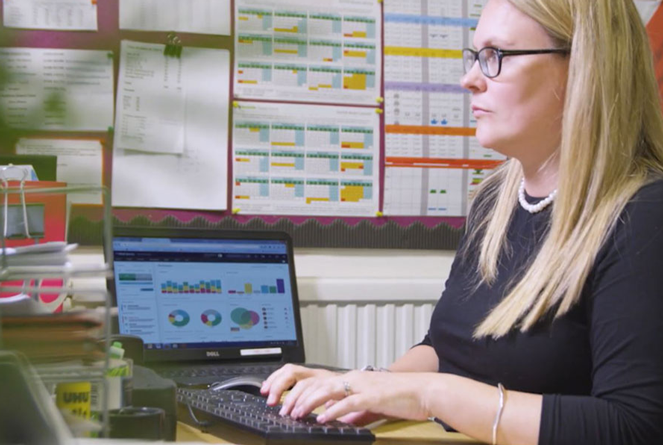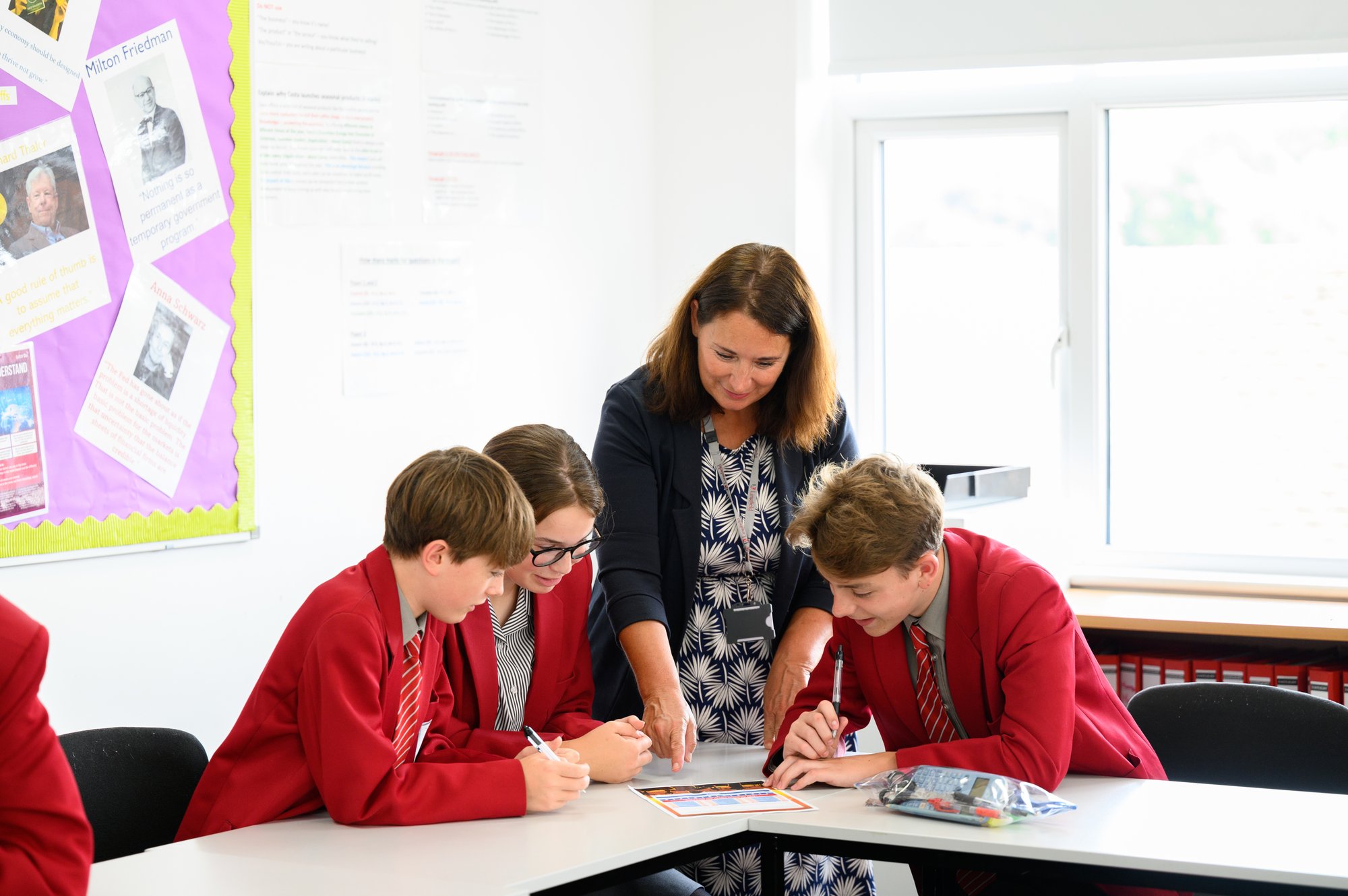Anti-bullying week
Last week you may have supported anti-bullying week in your school by marking it with Odd Sock Day. Odd Sock Day is used to celebrate everyone’s uniqueness and to spread kindness. The Anti-Bullying Alliance are the official organisers of Anti-Bullying Week and Odd Sock Day and the theme this year is ‘Make a Noise about Bullying’.
There are lots of ways to promote kindness throughout the school year, such as:
- Random Act of Kindness Week
- Create challenges to spread kindness
- Thankyou postcards to staff and students
- Certificates and Awards for kindness celebrated in assembly
- Promoting acts of kindness through social media
- Teaching kindness through the RHSE curriculum
- Including kindness in the school’s code of conduct
- Working with the school council on kindness
Keeping Children Safe in Education 2023
Working with staff and students to keep everyone safe is something that should be happening every day. Keeping Children Safe in Education states:
- “All staff should be aware of systems within their school or college which support safeguarding, and these should be explained to them as part of staff induction. This should include the:
- behaviour policy (which should include measures to prevent bullying, including cyberbullying, prejudice-based and discriminatory bullying)”
- Child-on-child abuse is most likely to include, but may not be limited to:
- bullying (including cyberbullying, prejudice-based and discriminatory bullying)
A comprehensive CPD programme can be used to help staff:
- Identify the signs of all types of bullying including cyberbullying, prejudice-based and discriminatory bullying
- Vulnerable groups e.g. SEND who are disproportionately affected by behaviours such as bullying
- How bullying can impact a child’s life both now and into adulthood
Preventing and tackling bullying
In 2013, the DFE advised schools on how to prevent and tackle bullying. It also provides schools, parents and carers with advice on how to deal with cyberbullying. (Advice last updated 2017) As part of this, schools should also have policies on how to deal with bullying, which are shared with staff, parents and students. The advice defines bullying:
“Bullying is behaviour by an individual or group, repeated over time, that intentionally hurts another individual or group either physically or emotionally. Bullying can take many forms (for instance, cyber-bullying via text messages, social media or gaming, which can include the use of images and video) and is often motivated by prejudice against particular groups, for example, on grounds of race, religion, gender, sexual orientation, special educational needs or disabilities, or because a child is adopted, in care or has caring responsibilities. It might be motivated by actual differences between children or perceived differences.”
The advice covers topics such as online bullying, dealing with bullying, school accountability, prevention, intervention and the impact bullying can have.
Bullying incidents must be recorded, and this data is analysed so that schools can identify emerging concerns inform the RSHE curriculum and how to embed preventative measures.
Relationships, sex and health education
Another key way to deal with school bullying is through the RSHE curriculum. This statutory guidance includes friendship, kindness, healthy relationships, equality and respecting our diverse culture.
In addition, it outlines what pupils should know by the end of primary and secondary school and how to support pupils with their physical health and mental wellbeing. For example, by the end of secondary school, pupils should learn about:
- How stereotypes, in particular stereotypes based on sex, gender, race, religion, sexual orientation or disability, can cause damage (e.g. how they might normalise non-consensual behaviour or encourage prejudice).
- In school and wider society, they can expect to be treated with respect by others, and that, in turn, they should show due respect to others, including people in positions of authority and tolerance of other people’s beliefs.
- About different types of bullying (including cyberbullying), the impact of bullying, the responsibilities of bystanders to report bullying and how and where to get help.
Through the RSHE curriculum, we support pupils to develop their resilience, maturity and understanding of everyone’s differences. The RSHE curriculum should be a regular part of a pupil’s learning for it to impact their understanding of all the areas it covers fully.
Why not secure your spot in our upcoming webinars or training courses? Explore the details provided below to reserve your place.
Juniper Education Webinar Booking
Promoting and Supporting Mental Health and Wellbeing: A Whole School Approach
Additional courses that can be booked:
Protected Characteristics and Safeguarding
10/01/24 – 1 - 2 pm
25/04/24 – 4 - 5 pm
01/07/24 – 4 - 5 pm
22/02/24 – 10 -11 am
17/04/24 - 3.30 - 4.30 pm


/Primary%20school%20.jpg?width=2000&name=Primary%20school%20.jpg)








.png?width=940&height=788&name=Lingfield%20College%20Case%20Study%20(5).png)
-1.png?width=1000&height=833&name=National%20Association%20of%20Head%20Teachers%20(3)-1.png)
-3.png?width=1080&height=1080&name=Untitled%20design%20(10)-3.png)








